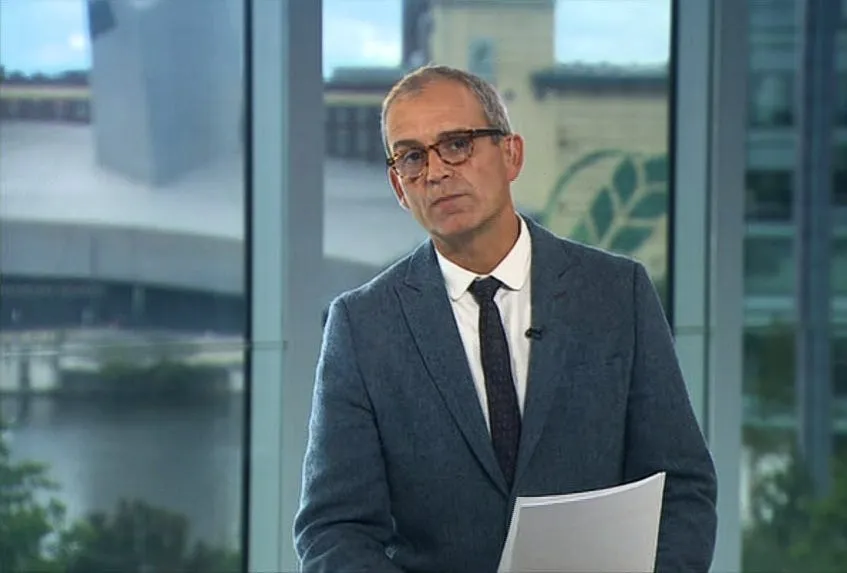Why I wrote for The Post…and why you should join up

A note from Matt O’Donoghue
This story is free to read. You just need to sign up to join The Post's mailling list. And why wouldn't you? You'll get our journalism in your inbox the second we publish, keeping up to date on this and all our stories. No card details required.
Join the ListAlready have an account? Sign In

Latest
Michael Heseltine 'saved' Liverpool. Didn't he?
Cheers to 2025
Searching for enlightenment in Skelmersdale
I’m calling a truce. It’s time to stop the flouncing
Why I wrote for The Post…and why you should join up
A note from Matt O’Donoghue